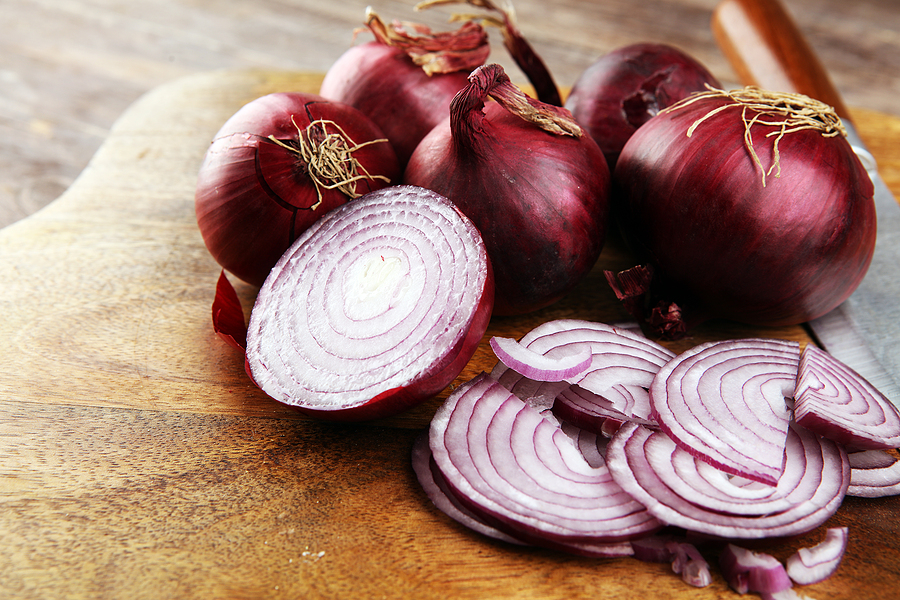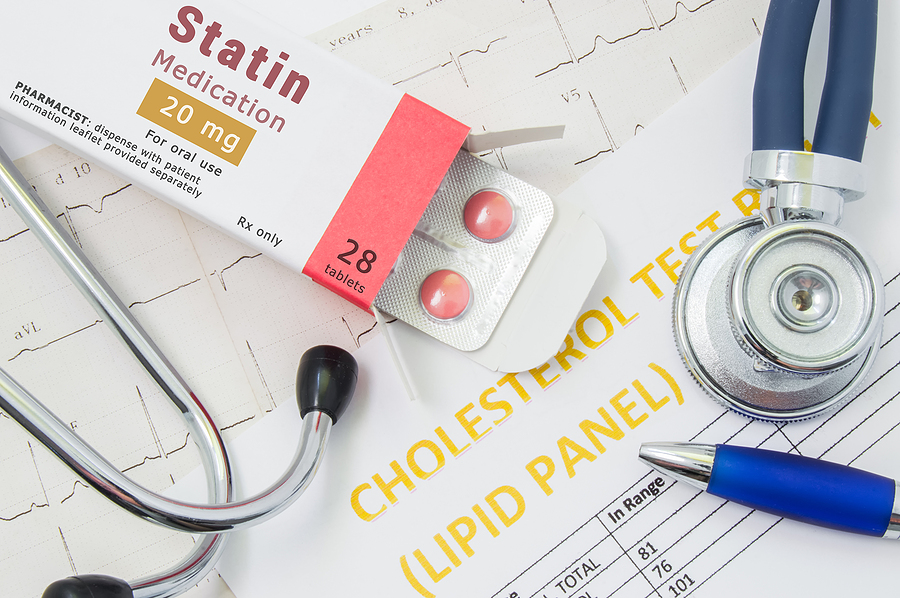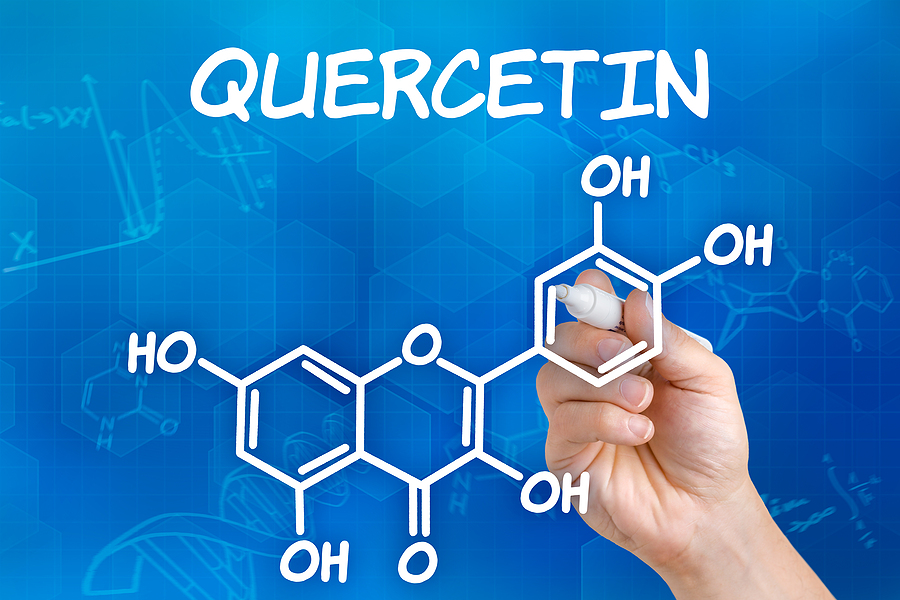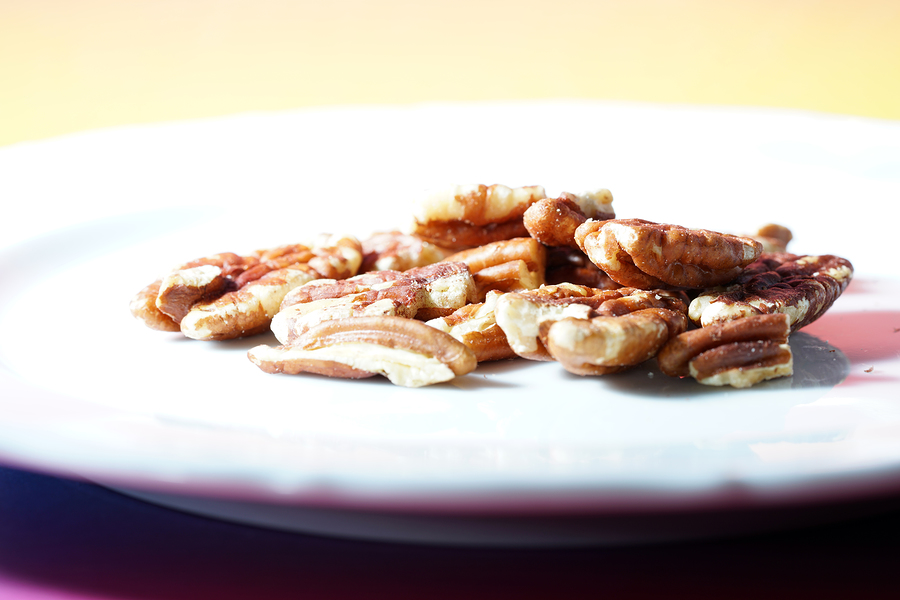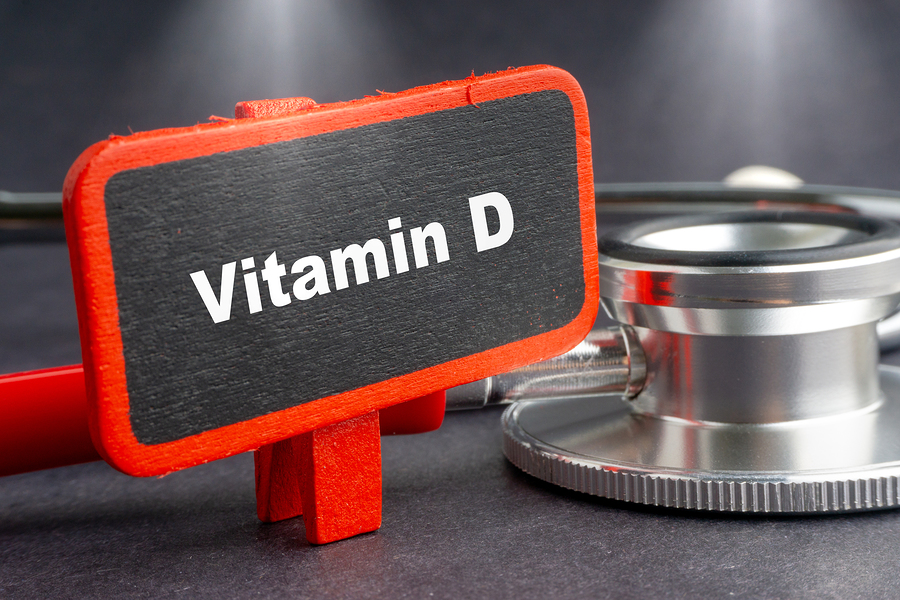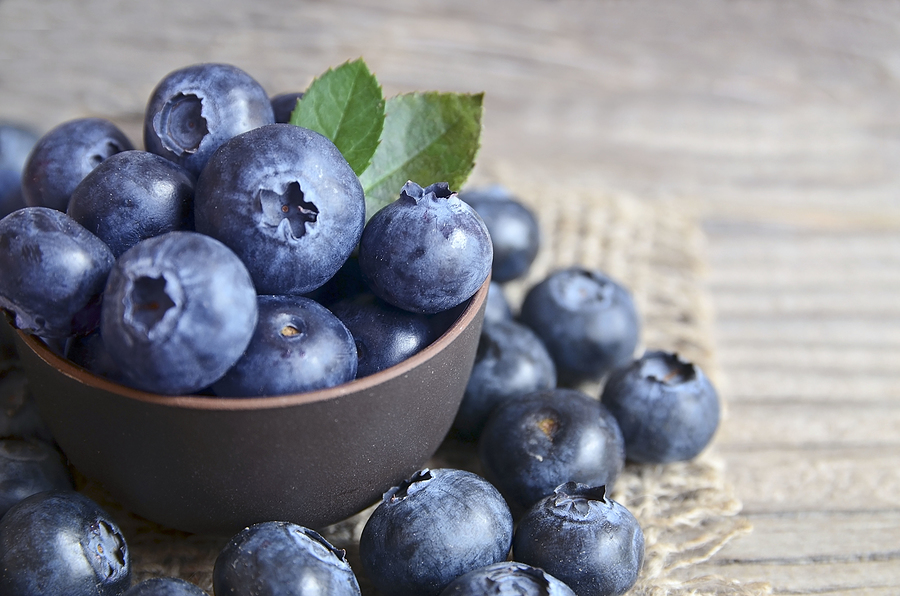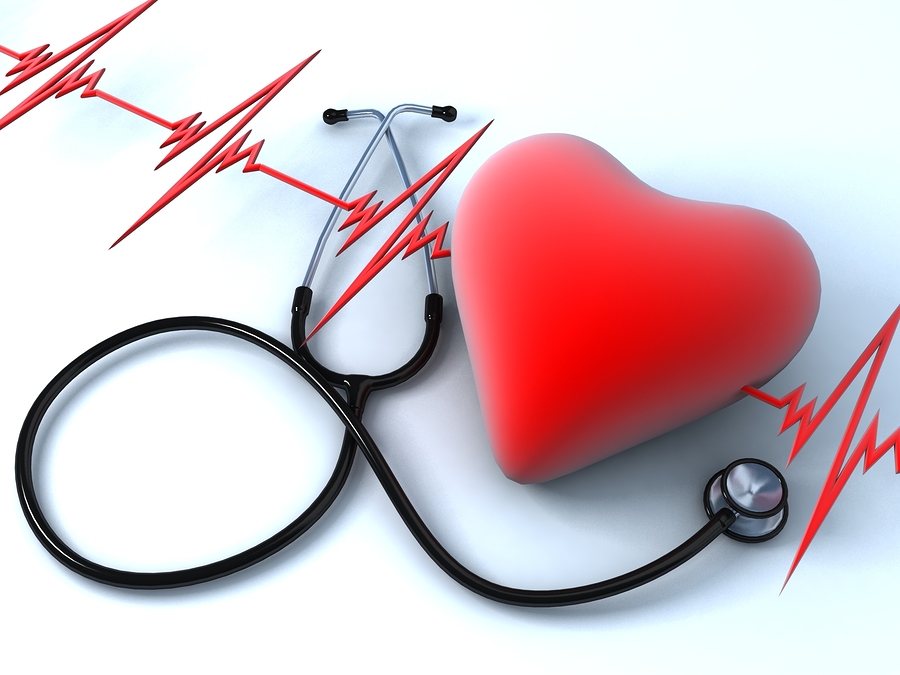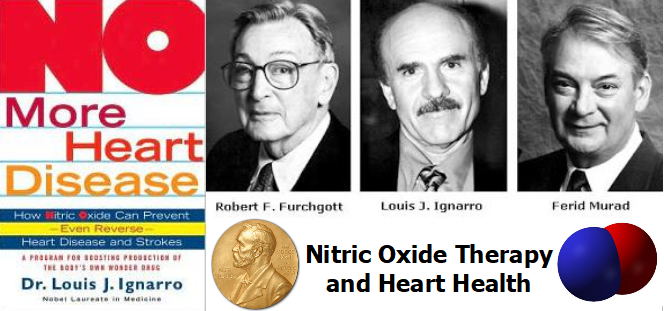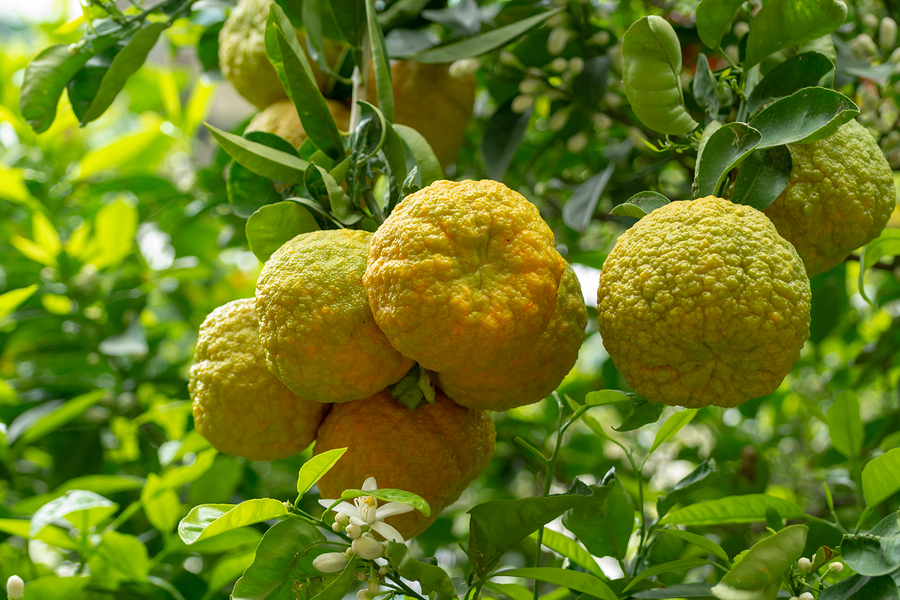Here in America most people are completely unfamiliar with the health benefits of Serrapeptase. But in Europe and Asia, this proteolytic enzyme is prescribed for a wide range of health issues, especially as an anti-inflammatory that is without side effects. But more on this later.
In fact I had never heard of Serrapeptase until a doctor friend of mine suggested I research it for one of my health articles. He personally uses it as a way to lower his risk for cardiovascular disease, while protecting himself from infections.
As stated Serrapeptase is a proteolytic enzyme. This type of enzyme breaks down proteins into amino acids.
It is produced in the gut of silkworms to help them digest their cocoons. Hence the image at the top of this article.
When isolated and coated for human consumption, this enzyme acts as an anti-inflammatory and pain-blocker. Similar to aspirin and ibuprofen, this enzyme eases inflammation and may prevent pain.
But without side effects like ulcers, stomach bleeding, and blood thinning.
Multiple studies have shown it to be extremely effective in reducing inflammation in the ears, nose, and throat.
While much still needs to be leaned about the health benefits of Serrapeptase, it is thought to work in three ways: Read More →

